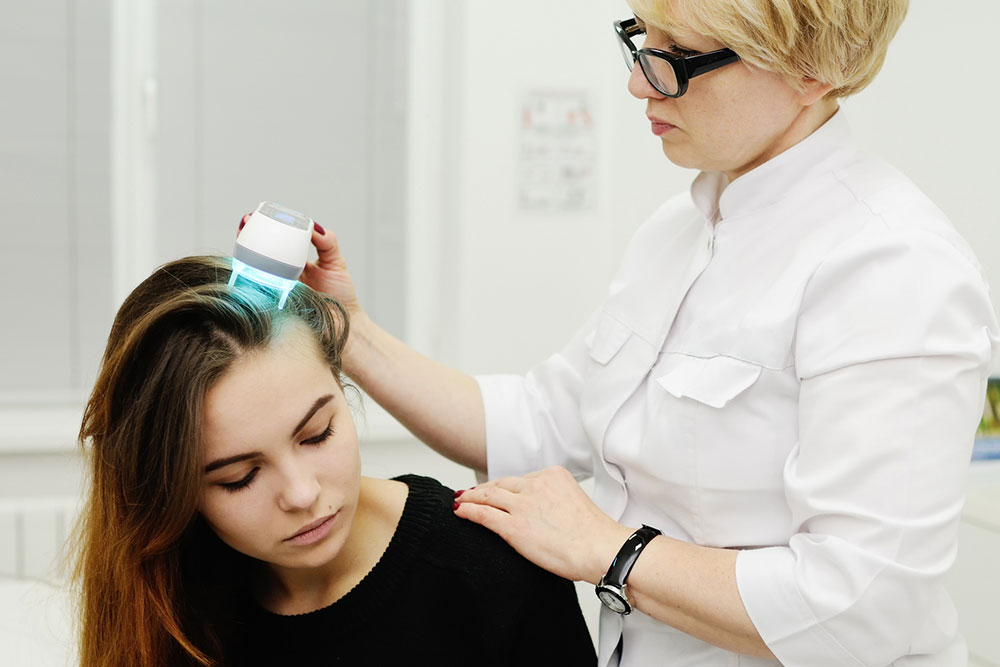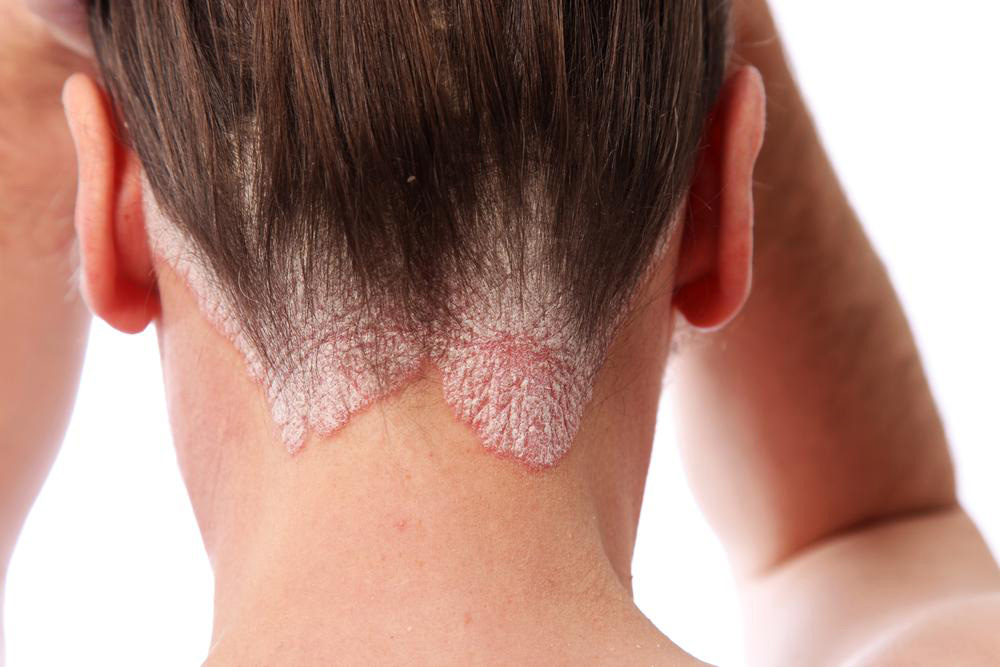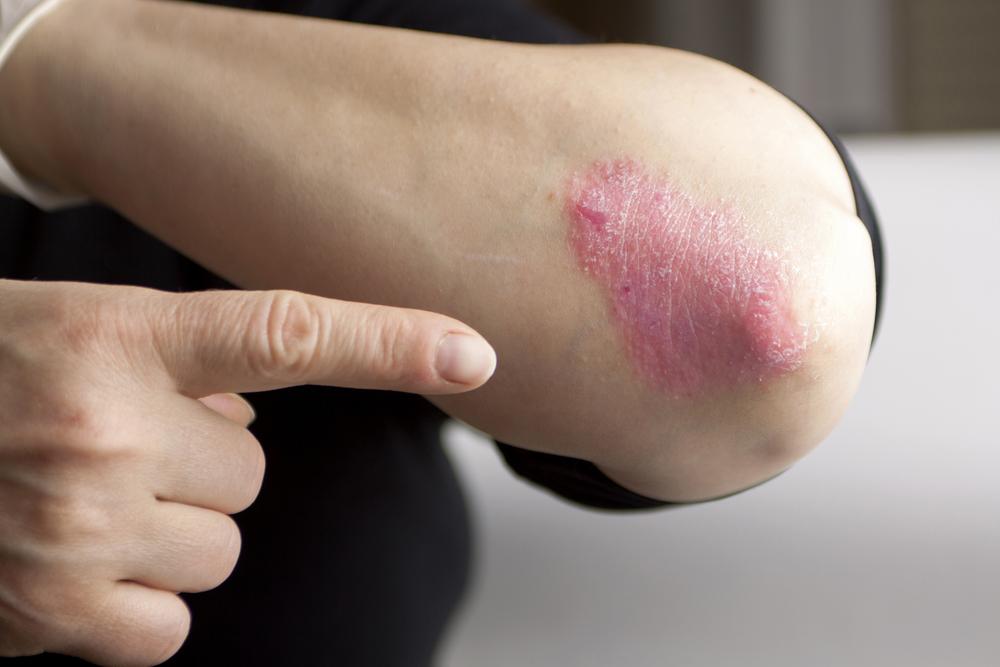Comprehensive Guide to Understanding and Managing Scalp Psoriasis
This comprehensive guide explores scalp psoriasis, a common autoimmune skin condition. It covers symptoms, differences from dandruff and seborrheic dermatitis, and practical tips for effective management. Early diagnosis and proper treatment are crucial for relief and maintaining scalp health. Learn about triggers, treatment options, and lifestyle adjustments to control flare-ups and improve skin condition. The article emphasizes gentle care techniques, stress reduction, and seeking professional help to effectively manage this persistent scalp disorder.

Comprehensive Guide to Understanding and Managing Scalp Psoriasis
Scalp psoriasis is a persistent, autoimmune skin condition that affects millions worldwide. It is known for causing thickened, discolored patches on the scalp, often accompanied by significant itching, irritation, and discomfort. This chronic condition results from an overactive immune system that accelerates the growth of skin cells, leading to the formation of plaques and scales. Recognizing the early signs and understanding the causes are key steps towards effective management and relief. In this comprehensive guide, we will explore the characteristics of scalp psoriasis, differentiate it from similar skin conditions, and discuss practical tips for managing symptoms effectively.
What Are the Signs and Symptoms of Scalp Psoriasis?
Silver-white or thick, flaky scales that appear on the scalp.
Persistent dryness, itchiness, or a burning sensation on the scalp surface.
Red or pink patches that may be raised and have a silvery appearance due to scaling.
Possible hair thinning or hair loss if scratching or plaque buildup occurs excessively.
Localized discomfort, often worsened by hair washing or styling.
The initial signs of scalp psoriasis often manifest along the hairline, behind the ears, or at the nape of the neck. These patches may be dry, raised, and flaky, with some variations depending on individual skin tones. People with lighter skin tend to see pink or red lesions topped with silvery scales, whereas darker skin tones might display darker patches with grayish scales. The severity of symptoms can range from mild irritation to extensive, thick plaques that cover significant portions of the scalp. Various triggers such as stress, infections, or certain medications can exacerbate the condition, making early detection and management crucial.
Understanding the Differences: Scalp Psoriasis vs Dandruff and Seborrheic Dermatitis
Unlike dandruff, which typically presents as fine, white or yellowish flakes without significant inflammation, psoriasis involves thick, dry, and well-defined plaques with distinct borders.
Seborrheic dermatitis often results in greasy, yellowish scales that are concentrated in oily areas like the scalp, face, or chest. In contrast, psoriasis plaques are dry and raised, with less greasy appearance, and can extend beyond the scalp area.
Psoriasis may also cause nail pitting, ridges, or abnormal nail growth, which are not features of dandruff or seborrheic dermatitis, aiding in differential diagnosis.
Effective Strategies for Managing Scalp Psoriasis
Avoid scratching or picking at plaques to prevent worsening inflammation and hair damage. Opt for gentle handling of the scalp.
Seek professional medical advice promptly upon noticing early signs to initiate appropriate treatment plans. A dermatologist can prescribe topical treatments, phototherapy, or systemic medications if needed.
Use mild, sulfate-free shampoos designed for sensitive skin, and apply treatments gently without harsh scrubbing or vigorous rubbing.
Carefully remove loose scales using soft combs or fingertips rather than pulling or scratching, minimizing hair loss and scalp trauma.
Keep hairbrushes and combs clean by washing regularly to prevent potential infections or irritation.
Manage stress through relaxation techniques, physical activity, or hobbies, since stress is a known trigger for flare-ups.
Maintain a healthy lifestyle, including a balanced diet rich in anti-inflammatory foods, to support overall skin health.
Stay consistent with treatment regimens as advised by your healthcare provider to prevent flare-ups and maintain remission.
In conclusion, scalp psoriasis is a manageable condition with early detection, proper skincare, and appropriate medical intervention. Understanding its signs and differentiating it from other scalp conditions is vital for effective treatment. Combining good hygiene practices, stress management, and prescribed therapies can significantly improve quality of life for those affected by this chronic skin disorder.





